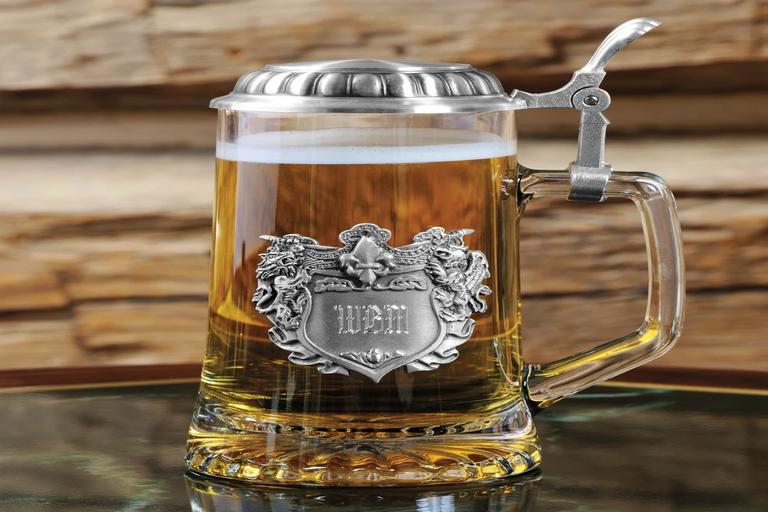Bristol Pub Revives Forgotten Medieval Ale Recipe
A historic drink with an earthy flavour and herbal kick is back on tap after a team of brewers researched old manuscripts for months.
2025-07-23 04:02 | By Daniel Walsh

In the heart of Bristol, a centuries-old drink has been brought back to life. The Black Badger Pub has revived a forgotten medieval ale recipe, offering patrons a taste of English history with each pint. The ale, brewed using traditional methods, has already drawn curious crowds from around the region.
The project began when pub owner Martin Sharpe stumbled upon a faded manuscript in the local archives. 'I was researching local brewing traditions for a themed event, and I found this dusty recipe from 1432,' he said. 'It was mostly in Middle English, but I knew I had to try it.'
With help from a local historian and a team of craft brewers, Sharpe translated and adapted the original instructions. The result is a dark, earthy ale brewed with wild yeast, oats, bog myrtle, and horehound—ingredients once common before the widespread use of hops.
The brewing process itself posed challenges. Unlike modern beers, this ale uses an open fermentation technique and forgoes commercial sanitisation, giving it a slightly sour profile and a complex herbal aroma. The first batch took nearly two months to perfect.
Initial scepticism gave way to fascination as regulars and ale aficionados alike embraced the brew. 'It tastes unlike anything I’ve had—like history in a glass,' said local customer Freya Lawson. 'There’s a rustic depth to it. You can almost imagine monks sipping it by candlelight.'
Word spread quickly. What started as a small experiment turned into a citywide curiosity. The pub now hosts weekly 'Ale Evenings' where guests can sample the brew while learning about medieval drinking culture, including communal bowls, storytelling, and candlelit benches.
Sharpe also collaborated with a nearby bakery to recreate a traditional grain loaf using the spent mash from the brewing process. Paired together, the ale and bread offer what he calls 'a full medieval peasant experience—minus the plague, of course.'
While the beer is unfiltered and naturally carbonated, it meets modern safety standards. Local food authorities granted it a heritage exemption after reviewing its production. The team emphasises that although the recipe is ancient, hygiene remains a top priority.
Historians believe the recipe may have originated from a now-defunct monastery that stood near the current location of the pub. Some suggest the ale was used medicinally, thanks to the inclusion of herbs like horehound, known for its cough-suppressing properties.
The project has inspired other pubs in the region to explore historical recipes, including Tudor meads and Roman spiced wines. A small brewing collective has even formed to preserve and experiment with long-lost drinks that shaped Britain’s boozy past.
With demand growing, Sharpe is considering bottling the ale for wider distribution. 'I never expected something so old to feel this fresh and relevant,' he said. 'It’s proof that our heritage still has plenty of flavour to offer—literally.'
For many locals, the revival of the medieval ale is more than just a gimmick. It’s a celebration of place, craft, and continuity. The Black Badger has become not only a place to drink but also to learn and connect with a shared cultural history.
As the tap flows and torches flicker in the low-lit pub, Bristol’s past and present blend in each pint poured. It’s a quiet reminder that sometimes, the best ideas are the ones waiting to be rediscovered.